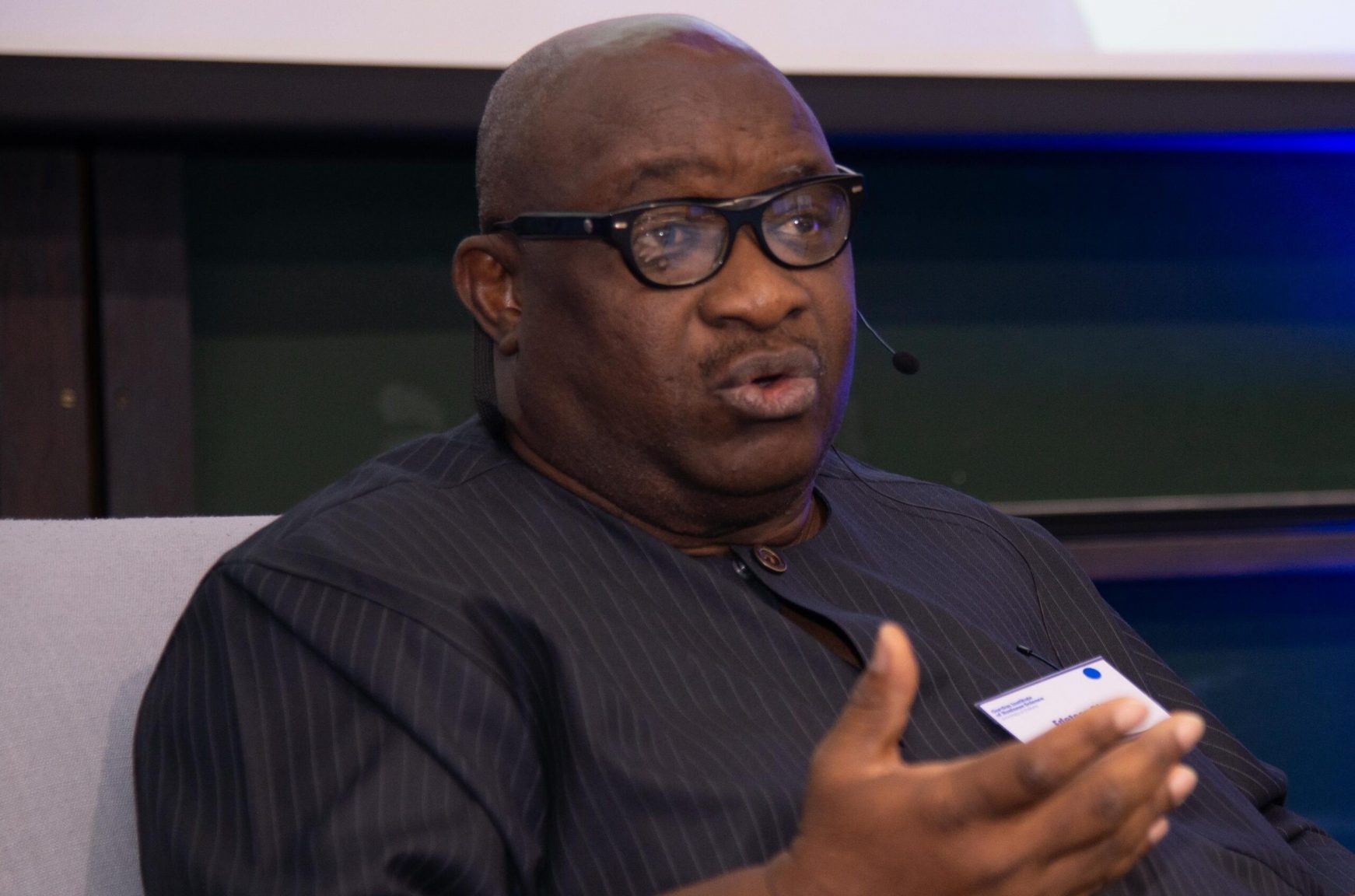The Supreme Court judgement on July 11, granting financial autonomy to the 774 local councils and recognising them as the third tier of Nigeria’s governance architecture, was truly historic. It was perhaps the most remarkable judgement ever delivered by the apex court in recent times, as it used its power to interpret the law to give a different meaning to Section 162 of the Constitution.
Since 1999, governors have used this section to withhold and tamper with the funds federally allocated to the councils, using a joint account that has proven to be a honeypot of abuse.
Last Thursday, the Supreme Court described the payment of the allocations to the account as gross misconduct and scolded the governors for dissolving democratically elected councils and setting up caretaker committees. The court ruled that caretaker committees are illegal and that councils run by them should not receive the federal allocation. Henceforth, the court ruled that the allocations should go directly to the accounts of the 774 local councils.
Justice Emmanuel Agim, who read the lead judgment, said Nigeria runs a three-tier governance structure, where no one tier is subject to the whims and caprices of the other. He criticised the governors and the state assemblies for almost allowing the councils to go into extinction with their treatment of them.
The judgment was generally well received by Nigerians. According to reports, the verdict ignited jubilation by workers in some local councils as they sang the praises of the Tinubu administration.
However, some Nigerians have criticised it as an ‘assault’ on Nigeria’s Federalism as it has rewritten Section 162. My simple response to this school of thought is: Must we allow the law to stand still while the local councils die? The Supreme Court also said as much: Since the governors were using the section to perpetuate unconstitutional acts, the court must ensure that the constitution is not applied in a manner that supports its destruction.
In acknowledging the verdict’s import, former vice-president Atiku Abubakar described it as a win for the people. In a post on X, Atiku wrote: “The court’s ruling is a step in the right direction and a major corrective action in greasing the wheels of national development across the country… The court’s verdict is in tandem with the core functions of the Supreme Court as an arbitration court between and among governments.”
President Bola Tinubu, whose government instituted the case, welcomed the Supreme Court’s decision, affirming the spirit, intent, and purpose of the Constitution regarding the statutory rights of local governments.
“My administration instituted this suit because of our unwavering belief that our people must have relief, and today’s judgement will ensure that only those local officials elected by the people will control the resources of the people. This judgement is a resounding affirmation that we can use legitimate means of redress to restructure our country and economy to make Nigeria a better place to live in and a fairer society for all of our people.”
President Tinubu noted that the provision of some essential amenities and public goods, such as the construction and maintenance of roads, streets, street lighting, drains, parks, gardens, open spaces, and other residual responsibilities, including community security, has been abandoned owing to the emasculation of local governments.
He said the court’s decision to grant financial autonomy to the councils and restate other constitutional principles reinforced the effort to enhance Nigeria’s true federal fabric for the development of the entire nation.
President Tinubu and his administration deserved the praise. President Tinubu has earned double appreciation as a defender of the local councils. As governor of Lagos, he sought the intervention of the same Supreme Court to establish the right of states to create councils in compliance with the provisions of the constitution. In a reverse role, as president, he has succeeded in seeking another intervention of the apex court to establish the right of the councils to survive and perform the role envisaged by the constitution.
Former President Muhammadu Buhari had sought to rescue the councils from the governors’ vice grip by using Executive Order 10, which he signed on May 22, 2020, to direct funds straight to the councils, the state legislature, and the judiciary. But the governors challenged his authority in a case filed at the Supreme Court. In a split judgment in 2022, the Supreme Court said President Buhari overreached his powers.
In his lamentation, while signing the executive order, President Buhari said: “If the money from the Federation Account to the state is about N100 million, N50 million will be sent to the chairman (of local government), but he (the chairman) will sign that he received N100 million.
The governor will pocket the balance and share it with whoever he wants to share it with. Then, the chairman of the local government must pay salaries. Go to hell with development. When he pays salaries, he will put the balance in his pocket. This is what’s happening in Nigeria.”
To be continued tomorrow.
Onanuga is Special Adviser on Information and Strategy to President Tinubu.


















